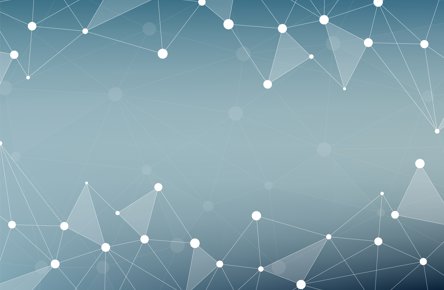Societal & Technical Challenges
In health care today, clinical decision support systems are AI systems that combine medical expertise with clinical data sets in a statistical computer model. While the specific purpose and challenges differ per oncological domain and phase in health care (i.e., diagnosis, treatment, and follow‐up), with the data that oncologists enter into a medical record (i.e., a patient’s age, genetics, cancer staging and associated medical problems), a computer can establish the most likely diagnosis, best possible treatment, or most appropriate follow-up policy. There are, however, several important shortcomings that limit the use of these systems in the clinic: they are difficult to maintain, lack explanatory power, and are weakly integrated in the clinical workflow (both technically and professionally). These shortcomings, together with the lack of attention for (and data of) the impact on patient well‐being and HRQoL aspects of treatment and follow‐up procedures, are the major obstacles that prevent AI-assisted shared decision making about personalized oncological care that are addressed in this programme.
































